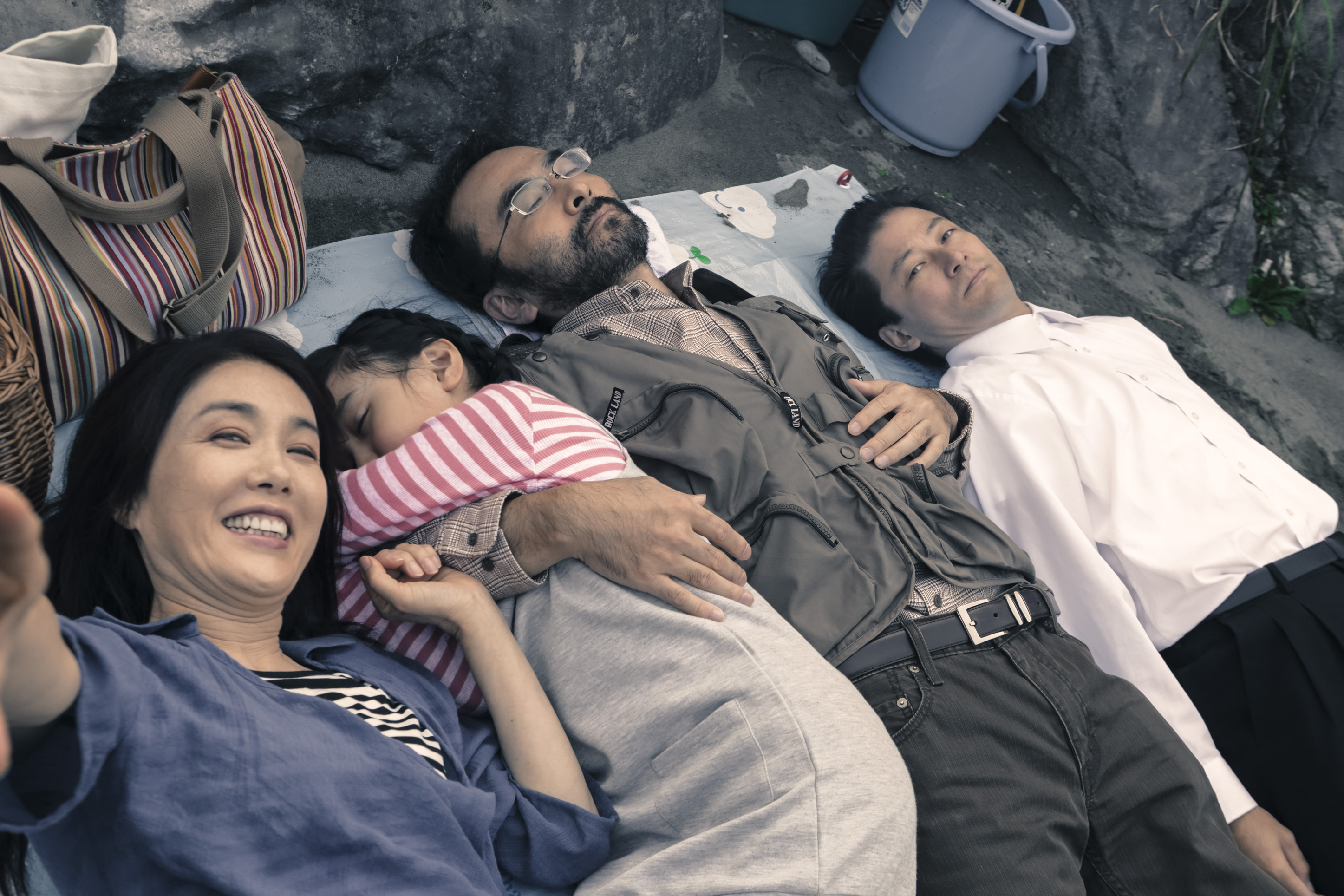The films of Koji Fukada have long wrapped ambitious themes in deceptively unassuming genre packages. His 2011 international breakout "Hospitalite" ("Kantai") begins as a quirky comedy but becomes a sharp-edged drama of deceptions and secrets. Last year's "Sayonara" starts as an offbeat essay in apocalyptic sci-fi, centering on a terminally ill woman and her robot caregiver, but transitions into a stark examination of death and dissolution.
His latest film, "Harmonium," combines the above elements in a dark family drama that thoroughly deserves the usual adjectives heaped on the better suspense movies — "tense," "gripping," "fingernails-in-the-armrests" — while being insightful about such knotty, never-resolved issues as the vagaries of fate and the nature of evil. Winner of the Jury Prize in the Un Certain Regard section of this year's Cannes film festival, it proclaims the arrival of a major talent in Japanese films.
Scripted by Fukada, "Harmonium" is yet another of the filmmaker's ironic titles, referring as it does to not only the pump organ played by the young daughter of its central couple but also the harmony — or rather the lack of it — in the couple's marriage and lives.



